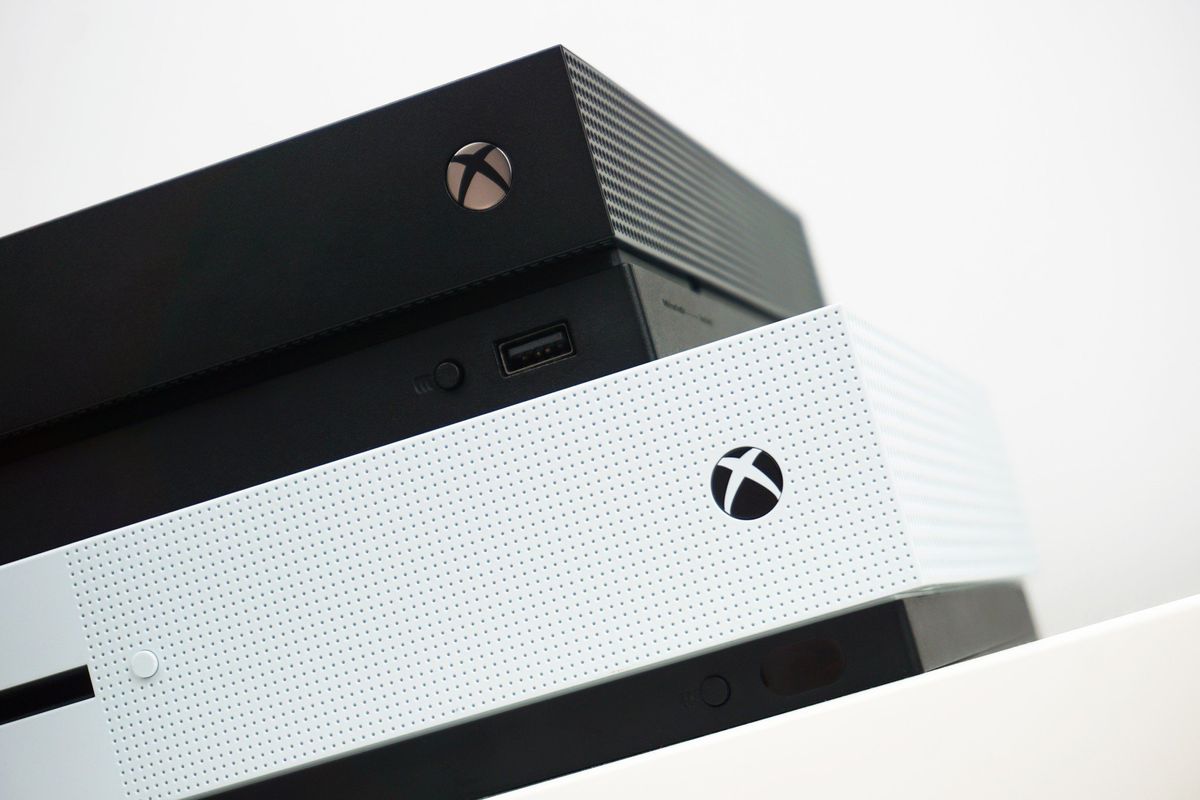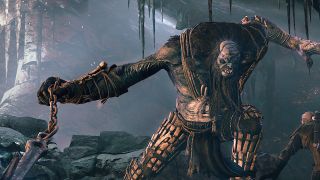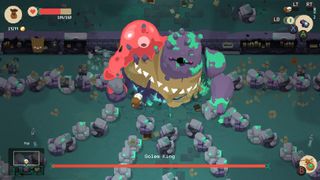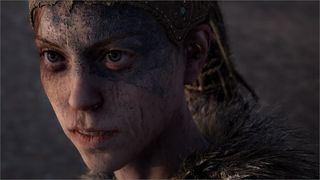Have your gaming habits changed with age?
I am very much the epitome of a gaming nerd stereotype, or at least I was in my early 20s. I'm still a nerd, but as I've gotten older, things have changed.

For all my obsessive gaming brothers and sisters out there who have struggled to explain their love of video games to spouses, family members, and beyond. We may disagree on many things, but the love of gaming is a unifying force that boasts a community of hundreds of millions across the internet, divided into mini-communities full of memes, discussion, and art.
I owe a lot to gaming, personally. Having a gaming PC forced me to learn the basics of PC hardware maintenance and management, which eventually led me into a career in IT. My interest in the industry led me to build my first blogs, which led me to today, writing professionally for Windows Central. Gaming gave me something to look forward to after another wasted day at school, and helped me bond with friends both "in real life" and online. Some of the friendships I made in online games in my teens endure even today, over 15 years later.
Yet, as I passed 30 years old, moved in with my partner, with a full time job, I realized my gaming habits had changed alongside it. I was playing games in genres I previously had no interest in, and struggled to find the time and attention to invest in genres and franchises that I was flushed with passion for in my youth. What changed?
Lifestyle changes

In my childhood, teens, and early twenties, my gaming preferences remained relatively static. I had tons of free time, and found I could indulge in pretty much any type of game I wanted to without constraint. I'd spend days in single-player, story-driven games, many of which formed memories that last with me to this day. Spending dozens of hours exploring every corner of Gaia in Final Fantasy VII, hunting down every quest in The Witcher 3, unlocking every secret ending in Silent Hill.
I find that to really enjoy a story-driven game, at least for me, my attention has to be undivided. Many of us know that feeling when you step away from a big RPG for a few days, only to return and have no idea what you're supposed to be doing, or what context the current quest sits in. As I've become more busy, that feeling has become a constant, rather than an outlier.

Moving in with my non-gaming partner has also put me in situations where I feel guilty for giving 100% of my focus to a game (that I'm not reviewing for work). That's certainly a me problem, rather than an age problem, but it's still a problem. Combined with diminished free time to play, my priorities for what makes a fun, leisurely experience have certainly shifted.
Shifting priorities

Reviewing a game isn't really the same as sitting down and enjoying it, at least not for me. You're analysing, scrutinizing, putting down the controller to make notes or capture footage. It's the best job in the world, but it's not the same as sitting down to simply have fun and unwind.
Get the Windows Central Newsletter
All the latest news, reviews, and guides for Windows and Xbox diehards.
In my free time, where I previously prioritized emotionally-engaging narrative experiences before, I find that at least when I'm gaming for fun, that I seek out titles that I can play a little more absent-mindedly. When I'm grinding or exploring in No Man's Sky, it's easy to put down the controller to answer an email or have a conversation, then jump right back in without losing connection to the game's de-emphasized story. Monster Hunter: World too, with boss movements and Gunlance combos committed to muscle memory, can be pretty easy for multi-taskers.

I've also found a lot of joy in more simplistic indie games than I would have done in previous years. Moonlighter is one such game, with Zelda-like gameplay set in a vibrant, if simplistic, 2D world. I've really enjoyed playing it absent-mindedly, building up my storefront while levelling up my gear. Turn-based titles are even better, including XCOM 2 and Darkest Dungeon, which allow you to really take your time with the action entirely if needs be.
Finding free time

When I do truly have some free time, usually on weekends, my priorities there have shifted as well. Rather than stick to those narrative, story-driven titles, I tend to seek out co-operative experiences I can enjoy with friends. Many of them are the same age as me, and facing similar time constraints. Titles with collaborative play like World of Warcraft, Monster Hunter: World, Earthfall, Diablo 4, Battlefield 1, Overwatch, The Division, and State of Decay 2, have eaten up the bulk of my weekend play sessions, for the simple fact I can enjoy them with friends.
I've also been seeking ways to manufacture free time, which is something I hadn't done previously. I recently picked up a Nintendo 2DS XL, which is my first portable gaming console in years. My last one was the PlayStation Vita, and before that the original Nintendo DS. However, I used neither of these as portable consoles, since I wasn't really travelling a whole bunch or away from the big-screen TV. Now, however, I find that the 2DS XL gives me opportunities to game while mobile, squeezing extra gaming free time from those moments you can't be at the TV. The versatility of the Nintendo Switch, for this end, is something I find very attractive as well.
A backlog of regret

On the face of my gaming priorities shifting, I find many games I am desperate to play struggle to get the attention they deserve. I still haven't found the time to play Ninja Theory's Hellblade, despite the rave reviews. I've also found it hard to find time to sit down and concentrate on story-heavy tactical games like BattleTech and Divinity Original Sin 2, despite being incredibly hyped for them. I often look at PlayStation's line-up of acclaimed single-player exclusives with envy, such as God of War, The Last of Us Remastered, and Detroit: Become Human, wishing I could justify picking up one of Sony's consoles to indulge. In a world of divided attention, these sorts of games have just taken second stage for me. I'm sure I'll get round to them eventually, hopefully, but it kind of sucks.
There are ways game developers and platform holders can make these types of games more accessible. The Witcher 3 and other games often have a story recap in every loading screen to remind you of where you were going and what you were doing. Services like Xbox game streaming and PlayStation Now, granting capabilities to play games on the go, will make them more accessible for those who travel frequently away from their home consoles. Microsoft especially is gunning for an approach that targets gamers where they are, rather than trying to get people to change habits.
Have your gaming tastes and priorities changed as your lifestyle has evolved through adulthood? Let us know on our forums!
As I've gotten older, I've noticed that many of my gaming habits and passions have changed. In my early 20s, I was very much into single player story-driven narrative experiences that consumed all of my free time. I'd put days into playing The Witcher 3, ignoring pretty much anything else. Now, busier, living with my non-gaming partner, I find myself either playing games I can enjoy...
Jez Corden

Jez Corden is the Executive Editor at Windows Central, focusing primarily on all things Xbox and gaming. Jez is known for breaking exclusive news and analysis as relates to the Microsoft ecosystem while being powered by tea. Follow on Twitter (X) and Threads, and listen to his XB2 Podcast, all about, you guessed it, Xbox!